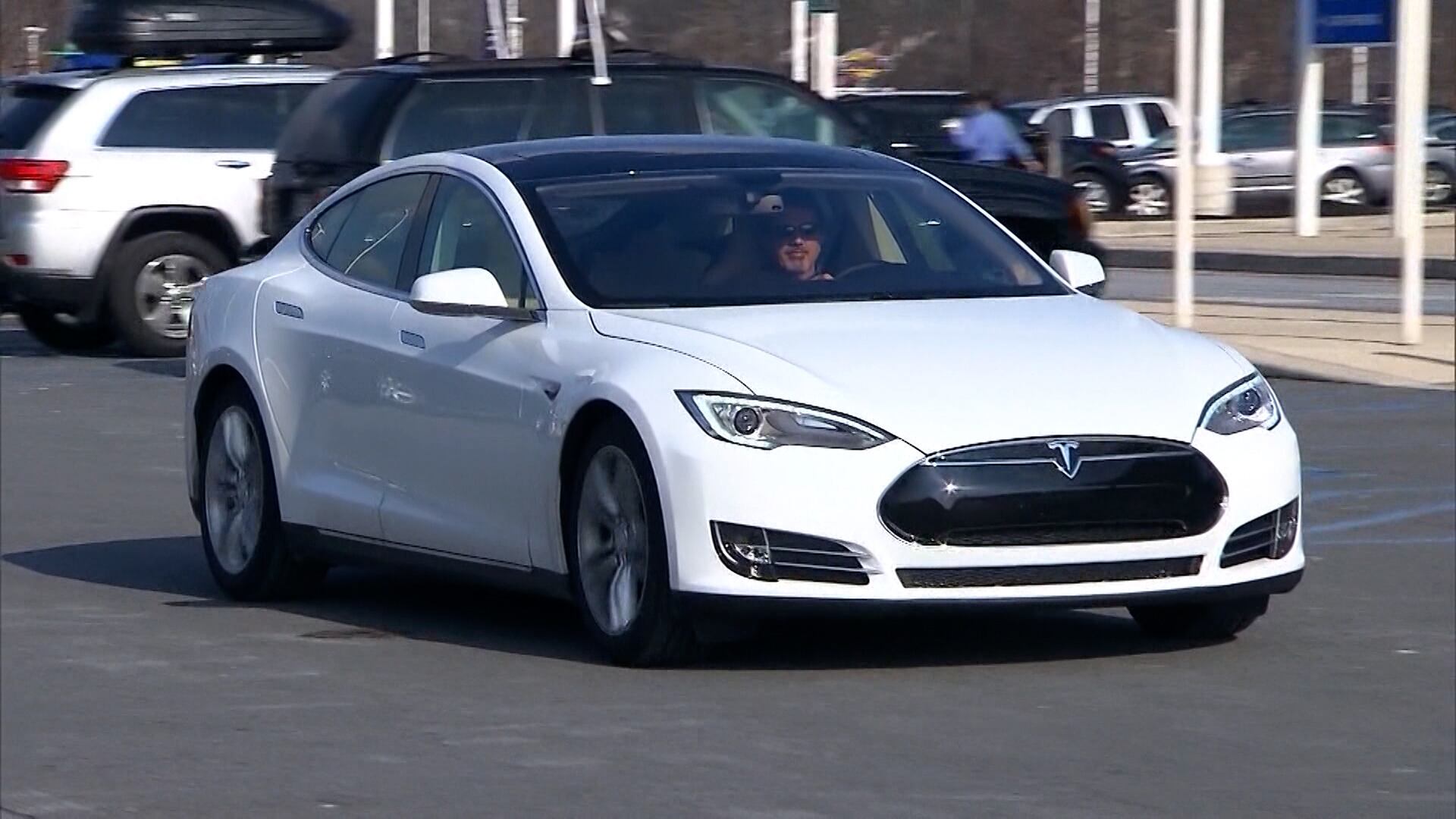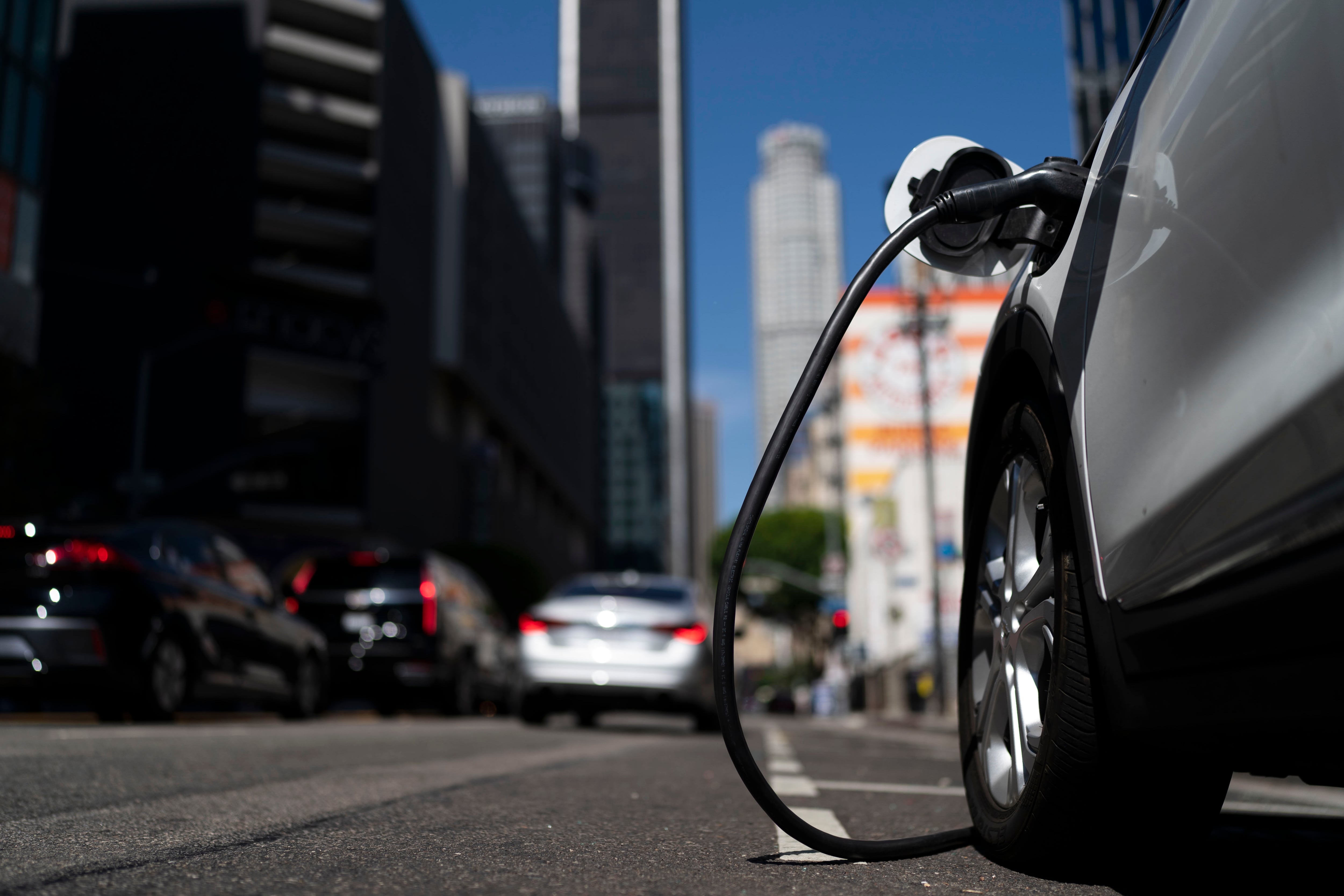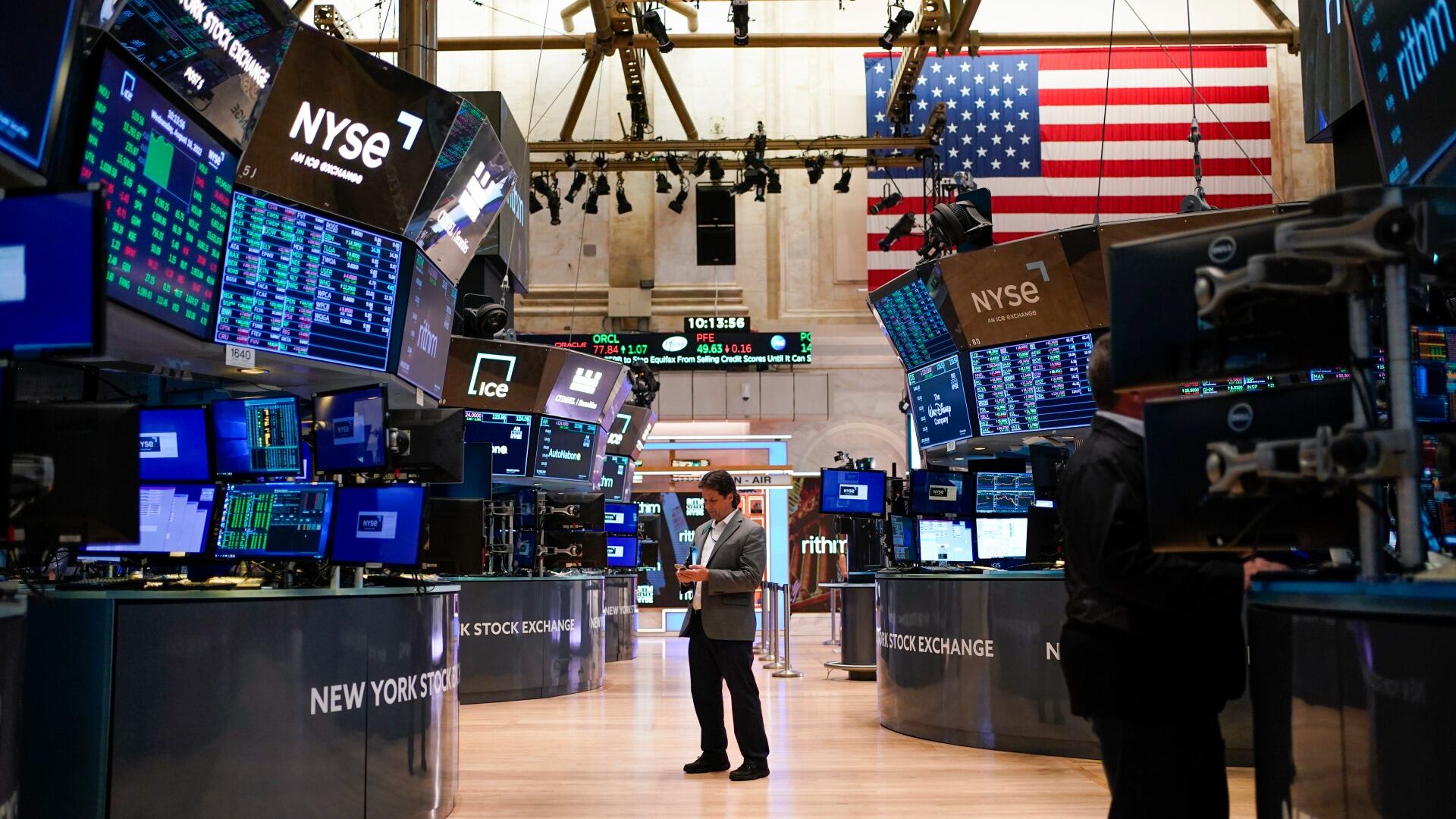From Wall Street to Silicon Valley, these are the top stories that moved markets and had investors, business leaders, and entrepreneurs talking this week on Cheddar.
Looming Clouds:
The end of August is not usually known for a slew market-moving news, but a confluence of economic indicators, conflicting and impulsive messages from President Trump, and geopolitical tensions continued adding to a sense of unease on Wall Street this week as a volatile summer winds down. The week ended with Fed Chair Jerome Powell repeating, at the annual Fed symposium in Jackson Hole, that the central bank would “act as appropriate to sustain” the economic expansion. But Powell did not offer a clear indication that the Fed was pursuing further rate cuts, which many investors had hoped for. Just before that speech, in which Powell said there was no “rulebook” for the U.S.-China trade war, China indicated it would press forward with a new batch of retaliatory tariffs on $75 billion worth of American goods. Beijing will also resume adding a 25 percent tariff to U.S. automobiles and auto parts, starting in December. Those events appeared to be the catalyst for President Trump to fire off a series of tweets in which he questioned Powell's loyalty to the U.S. and demanded American companies look for alternatives to doing business with China. He then responded with an escalation of increased tariffs on China's goods following the close of the markets. All of that happens as Germany shows more signs that its economy is headed toward recession, and newly revised data shows the U.S. created half-a-million fewer jobs since 2018 than previously reported.
Amazon Sets Sight on India:
Amazon ($AMZN) continues its push into the world's largest democracy. The e-commerce giant officially opened the doors to its biggest office complex in the world in the southern Indian city of Hyderabad, while also expanding its online grocery business across India. (Amazon also took a minority stake in Future Retail, an Indian supermarket chain operator). With the Indian middle-class on the rise and expected to overtake the U.S. middle class in spending power within a decade, American retailers have been laser-focused on building out their infrastructure and offerings within the country of 1.35 billion people. Walmart-owned Flipkart, which acts as Amazon's major competitor in India, is also looking to expand its grocery offerings, reportedly discussing a tie-up with the Indian conglomerate Tata Group to leverage the latter's distribution network.
New Apple Products?
Apple will reportedly unveil three new iPhone models as soon as next month, according to a report from Bloomberg. Traditionally, this year would be what's come to be known in Apple parlance as a "mid-cycle" upgrade year: some feature and processor refreshing, but no major overhauls of its core iPhone, iPad, and MacBook lines. But reports indicate that the company plans more significant mid-cycle upgrades than would be typical, most notably a major overhaul of the camera on the high-end iPhone models to include a third sensor that will essentially take three photos and use A.I. to stitch them together into one image. The new line of iPhones are said to also include reverse wireless charging, enhanced Face ID, increased water-resistance, and faster chips for A.R. ー though no 5G capability.
Still Spending:
The American consumer is king. Amid worsening concerns over global economic growth, U.S. consumers are still spending. And that's lifting the stocks of retailers that have been ahead of the curve in digital innovation. Days after Walmart ($WMT) reported strong quarterly earnings, Target ($TGT) blew the doors off its quarter, announcing a 17 percent jump in profit. Shares of Target surged 19 percent for their biggest ever one-day gain, as the retailer showed evidence that its investment in e-commerce and curated small-format stores is paying off. Target also unveiled its latest push into the grocery market with Good + Gather, its biggest in-house brand launch ever.
Propaganda Crackdown:
More than 1,000 channels and accounts across the big social platforms were shut down over the course of the week in response to an increased campaign from Google, Facebook, and Twitter to kick off accounts suspected of sowing disinformation. The accounts in question ー more than 900 on Twitter alone ー were believed to be spreading Chinese state-sponsored propaganda against the pro-democracy protests in Hong Kong, many using hijacked profiles that originated outside China. The crackdown comes amid increased pressure on Big Tech to self-police its own platforms in the absence of major domestic regulation and portends how YouTube, Facebook and Twitter plan to handle fake news related to the upcoming U.S. election.












